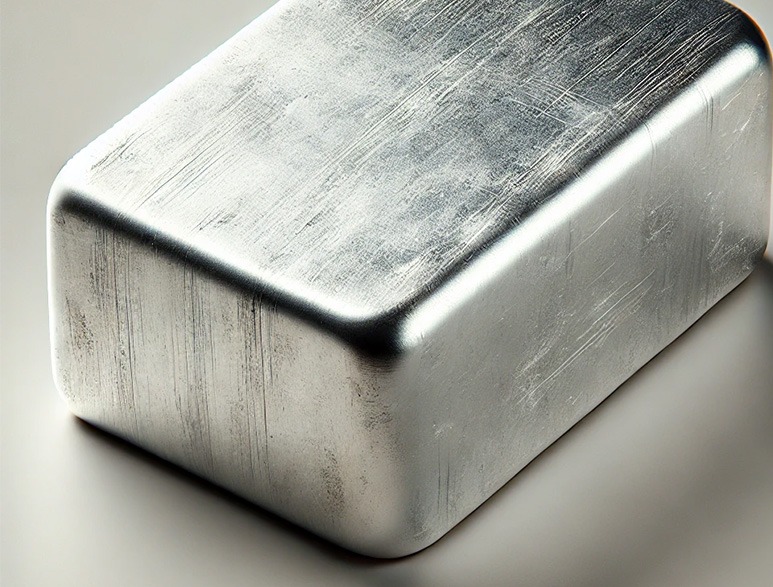Nickel (lat. Niccolum) is a silvery-white and shiny metal characterized by its hardness, corrosion resistance, and magnetic properties. Nickel has a high melting temperature of 1453°C and a boiling point of 2732°C. Nickel is the fifth most common chemical element on Earth. Although the human body does not use nickel in any known biochemical reactions, this metal is essential for maintaining good plant health. Small amounts of natural nickel can be found in fruits, vegetables and nuts.
Nickel (chemical symbol Ni) is extensively used in many industrial metal alloys, such as stainless steel. As a result, nickel is found in the structural beams of buildings, as well as in the composition of car bodies. In stainless steel, the nickel content can range from 8% to around 20%. It is therefore natural that this metal is also found in various household appliances (pots, pans, refrigerators, washing machines and sinks), which are made from the aforementioned alloy of stainless steel – specific mix of steel, chromium, and nickel.
In addition to its widespread use in manufacturing and everyday life, nickel is also known as one of the metals used to produce coins in various countries. Purified nickel ingots can also be bought and used as investment products.
Sources:
